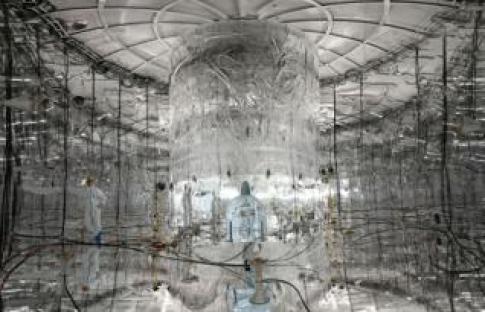Price of collusion

The reason — the accident could have been avoided if the regulators and the operator, who were fully aware of the risks, had put in place the necessary safety measures.
The recently released report of the Fukushima Nuclear Accident Independent Investigation Commission provides official confirmation of what has been common knowledge since the March 11, 2011 disaster: that the Tokyo Electric Power Company (TEPCO) cared little for safety right from the point of choosing sites for its nuclear plants to operating them, and that it shared a murky relationship with Japan’s regulators. The commission was constituted last December by the National Diet of Japan. The Daiichi nuclear power plant accident is “clearly manmade” and a disaster that was “made in Japan,” the report states. It resulted due to the “collusion between the government, the regulators and TEPCO.” These observations fly in the face of TEPCO that blamed the unprecedented 9-magnitude earthquake and subsequent killer tsunami for causing the nuclear disaster. While the committee does admit that the natural disasters were the “direct causes of the accident,” it insists that the accident was “manmade.”
The reason — the accident could have been avoided if the regulators and the operator, who were fully aware of the risks, had put in place the necessary safety measures. For instance, they were fully aware, as early as 2006, of the possibility of total power blackout in the event of a tsunami reaching the level of the site. They also knew the risk of a tsunami killing the seawater pumps and the ensuing risk of reactor core damage. Shockingly, instead of insisting TEPCO safeguard the plant, the regulators did not want the operator to “consider a possible station blackout.” Similarly, despite the nearly 40-year-old plant not being built to withstand a 9-magnitude quake and killer tsunami, no proper structural reinforcements were added by the operator to increase the anti-seismic safety of units 1, 2 and 3.
The report has brought to the fore the problems of private companies operating nuclear plants. For instance, it found ample evidence of a mindset that “prioritised benefits to the organisation at the expense of the public.” This should be reason enough for India to stick to its current stand and desist from allowing private operators. The main reason why the regulators failed in their duty can be traced to conflicts of interest — the regulators are a part of the ministry that actively promotes nuclear energy. Japan’s nuclear industry has apparently refused to learn some critical lessons from the Three Mile Island and Chernobyl accidents. What resulted was Fukushima. Nuclear operators and regulators around the world — India included — must now ensure the lessons of the latest catastrophe are internalised and acted upon. Hindu News




 del.icio.us
del.icio.us Digg
Digg

Post your comment